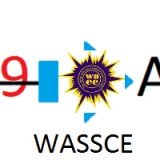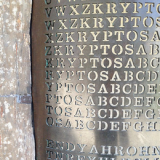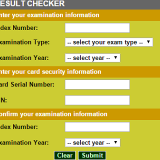The SAT Physics Syllabus on this page contains a detailed outline of topics prospective SAT Physics Test takers should cover before they write the test. It’s set by the College Board, an organization that administers the SAT.
Quick Notes
- The SAT Physics Subject Test is offered in Oct, Nov, Dec, Jan, May and June.
- Calculator use is not permitted.
- Problem solving requires simple numerical calculations (you need to know Algebra, trigonometry, etc).
- Measurements are expressed according to the metric system.
- Experience in the laboratory is recommended.
- You should assume that the direction of any current is the direction of flow of positive charge (conventional current), when answering any question on the test.
- The SAT Physics Subject Test reflects what is normally taught in high school. However, due to differences in high school classes, you may find questions on topics you are not familiar with. This should not make you worried. You do not have to get every question correct to receive a perfect score (800) for the test.
About the SAT Physics Test
The SAT Physics Subject Test is a 60 minute test with 85 multiple choice questions. It assesses your understanding of the major concepts of physics. It checks your ability to use these principles to solve problems.
The SAT Physics Subject Test is meant for those interested in majoring in engineering, or science related subjects.
Taking the SAT Physics Subject Test would help showcase your interest, and ability in that subject, hence could give you an advantage over other applicants in the application pool. It could also give you an opportunity to earn college credits.
You should know whether the university you want to apply to recommends or requires undergraduate applicants to take the SAT Subject Test
SAT Physics Syllabus
To view the latest SAT Syllabus for Physics, click the link below.















